Studying multi-hazards from space
A new European Space Agency-funded project will study the effect earthquakes have on occurrences of other natural hazards in the long-term.
25/07/2024 By BGS Press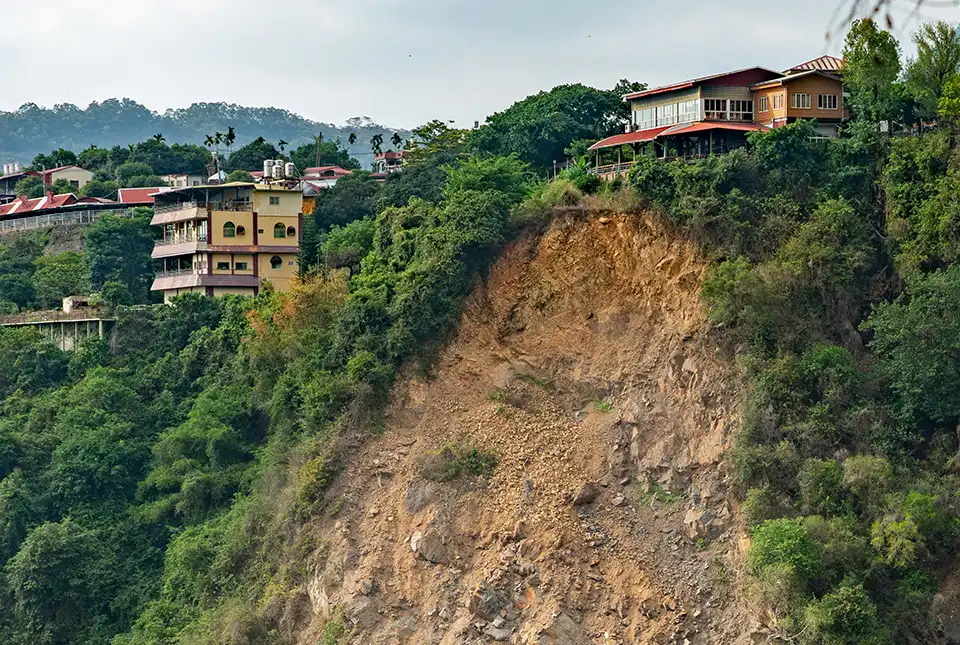
Landslides and floods triggered by earthquakes pose a great threat to human life and infrastructure. Currently, research into mitigation of these natural hazards has focused on events triggered during or shortly after earthquakes; for example, the failure of a slope shortly after a seismic event.
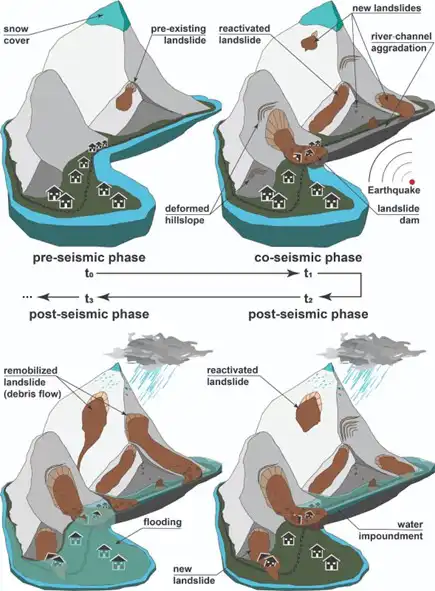
Possible relationships between earthquake, landslides and flood hazards. BGS © UKRI.
However, the long-term seismic effects that cause unstable landslides to accelerate without immediate failure are largely neglected. A new project, ‘Advancing knowledge of multi-hazards processes and their impact’ (AMHEI), aims to fill this research gap by looking at slope dynamics following a major earthquake and how these processes can also affect flood hazards.
There is currently little research into earthquakes affecting landslides and flooding in the longer term. We are excited to be able to utilise latest satellite technologies to better understand the relationships between these hazards.
Alessandro Novellino, BGS Remote Sensing Geoscientist.
AMHEI will use the latest satellite technologies, including Interferometric Synthetic Aperture Radar (InSAR) combined with artificial intelligence techniques, to map and identify relationships between natural hazards in Turkey, using the February 2023 earthquake as a case study.
Funded by the European Space Agency, the project will be led by Alessandro Novellino, a remote sensing geoscientist at BGS, in collaboration with colleagues at the Faculty of Geo-Information Science and Earth Observation at the University of Twente (Netherlands) and the University of Bergen (Norway).
Relative topics
Related news

Perth and Kinross tops the UK’s earthquake activity charts for 2025
29/12/2025
Seismologists at BGS have published data on the number of seismic events over the past 12 months with over 300 earthquakes recorded.

BGS awarded funding to support Malaysia’s climate resilience plan
17/12/2025
The project, funded by the Foreign, Commonwealth & Development Office, will focus on minimising economic and social impacts from rainfall-induced landslides.
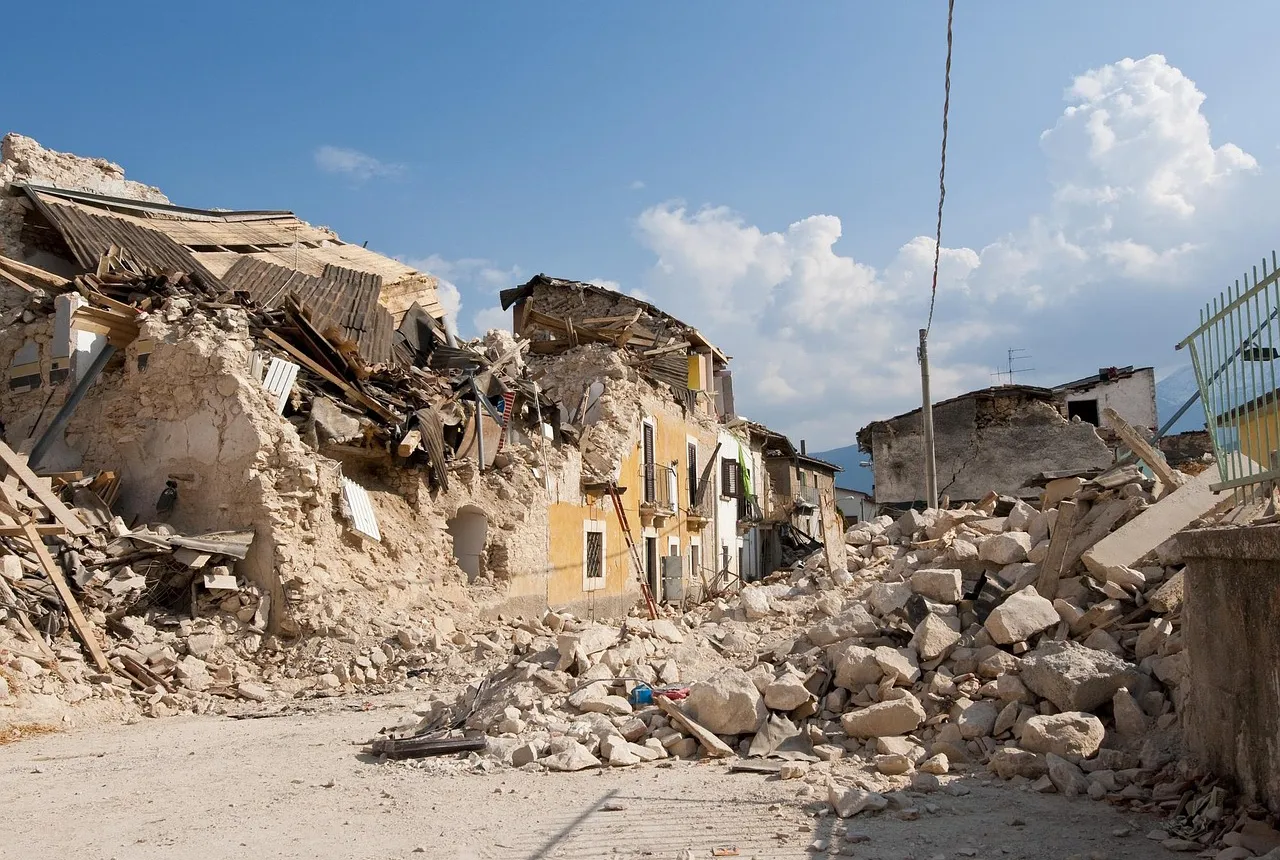
New research shows artificial intelligence earthquake tools forecast aftershock risk in seconds
25/11/2025
Researchers from BGS and the universities of Edinburgh and Padua created the forecasting tools, which were trained on real earthquakes around the world.
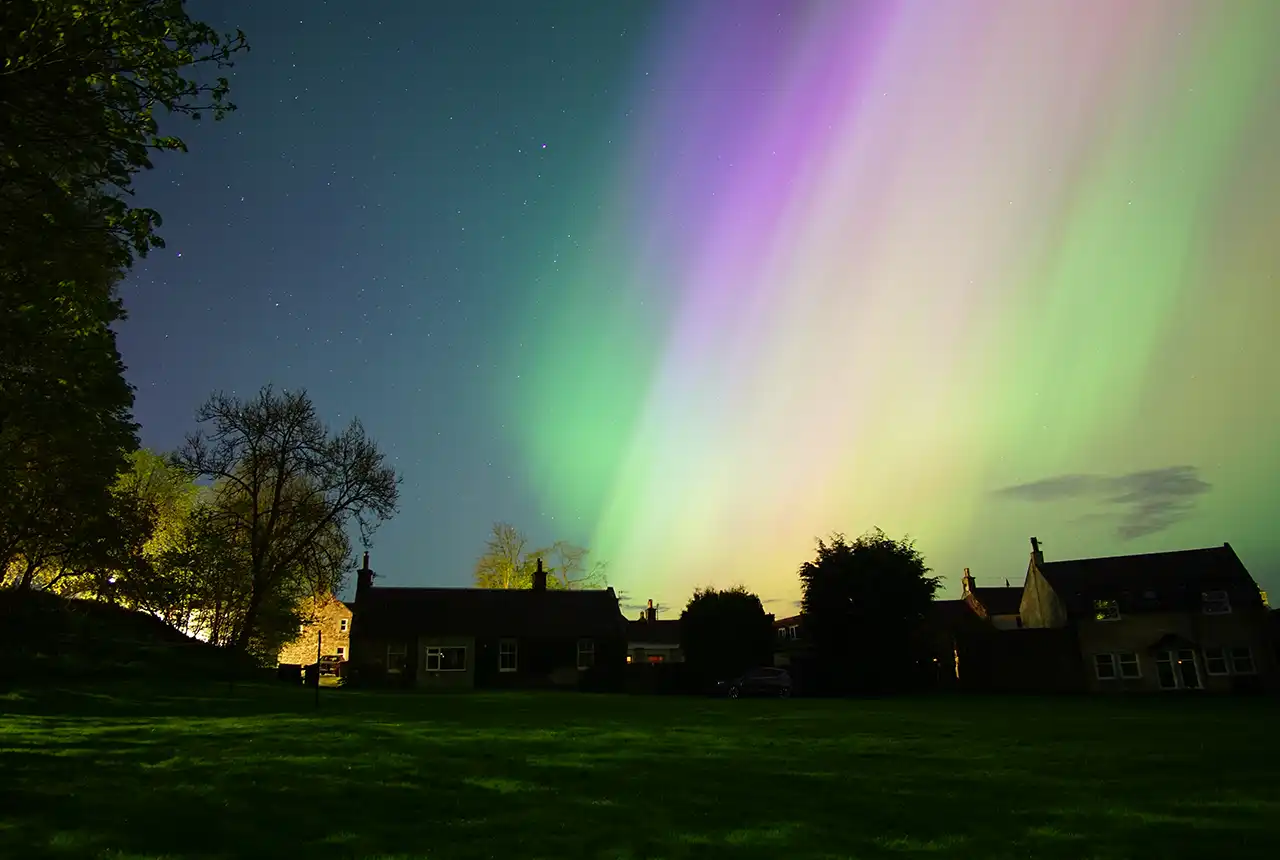
UK braced for what could be the largest solar storm in over two decades
12/11/2025
Intense geomagnetic activity could disrupt technology such as communication systems, global positioning systems and satellite orbits.
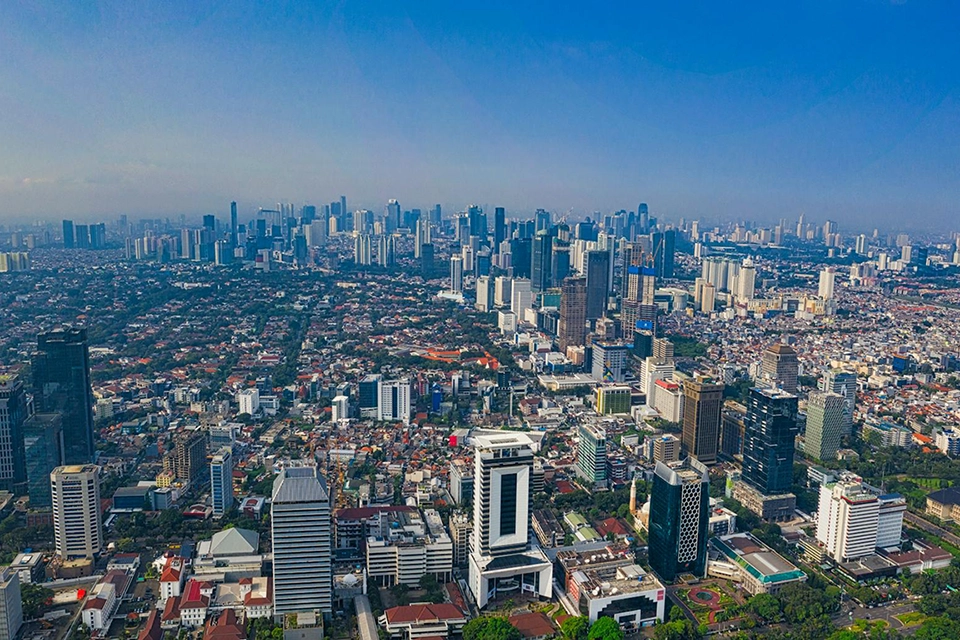
New research highlights significant earthquake potential in Indonesia’s capital city
04/11/2025
Research reveals that a fault cutting through the subsurface of Jakarta could generate a damaging earthquake of high magnitude.
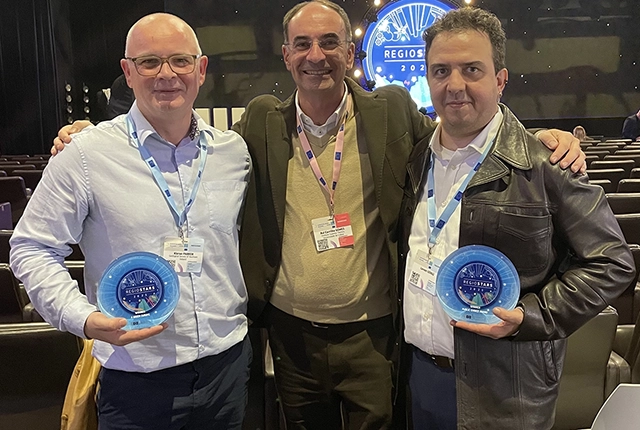
GSNI project wins multiple awards at RegioStars event
17/10/2025
The AGEO project enjoyed a double success at the RegioStars awards, hosted at the European Commission in Brussels.
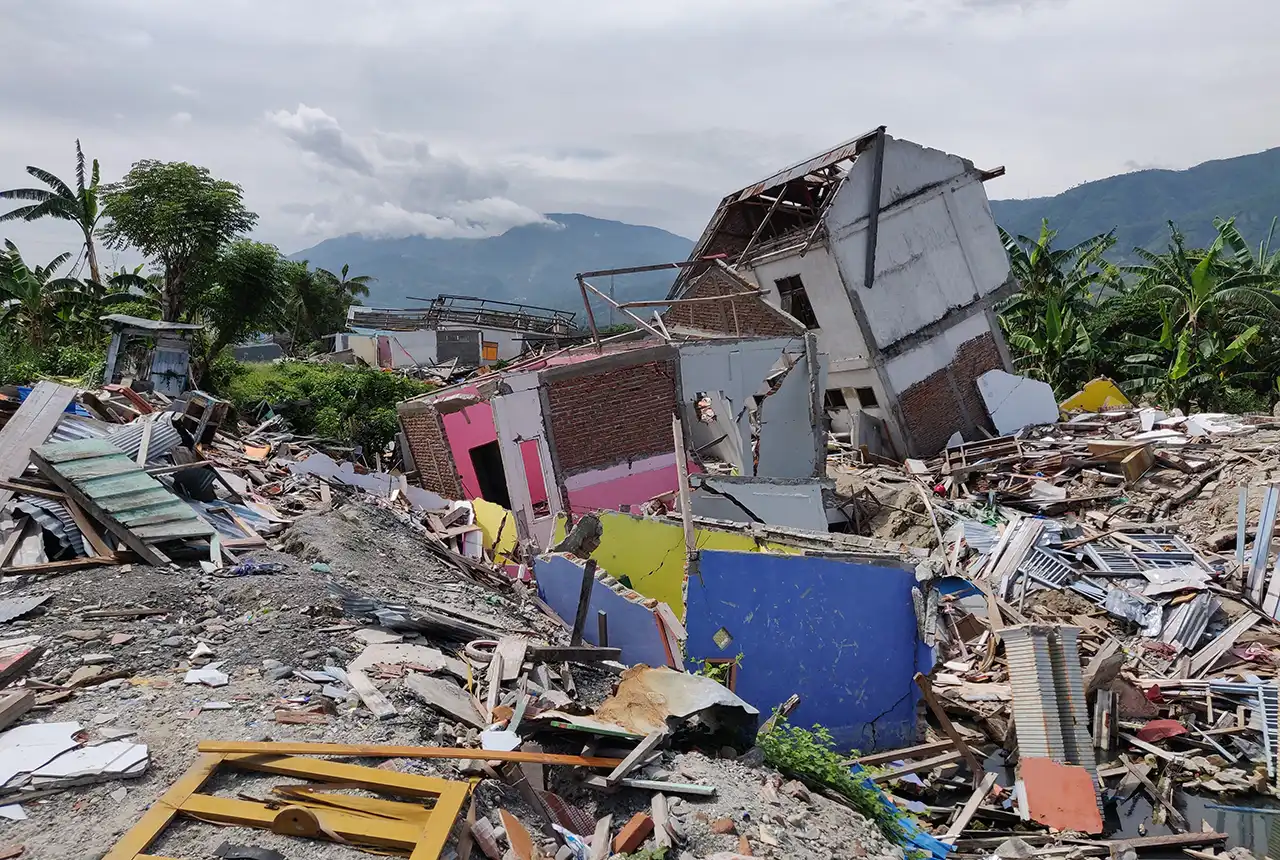
New report sets pathway to reduce the impacts of geohazards in one of the world’s most hazard-prone nations
30/09/2025
A new White Paper, co-developed by Indonesian and UK hazard experts, presents a strategic roadmap to significantly reduce the impacts of geological hazards in Indonesia.
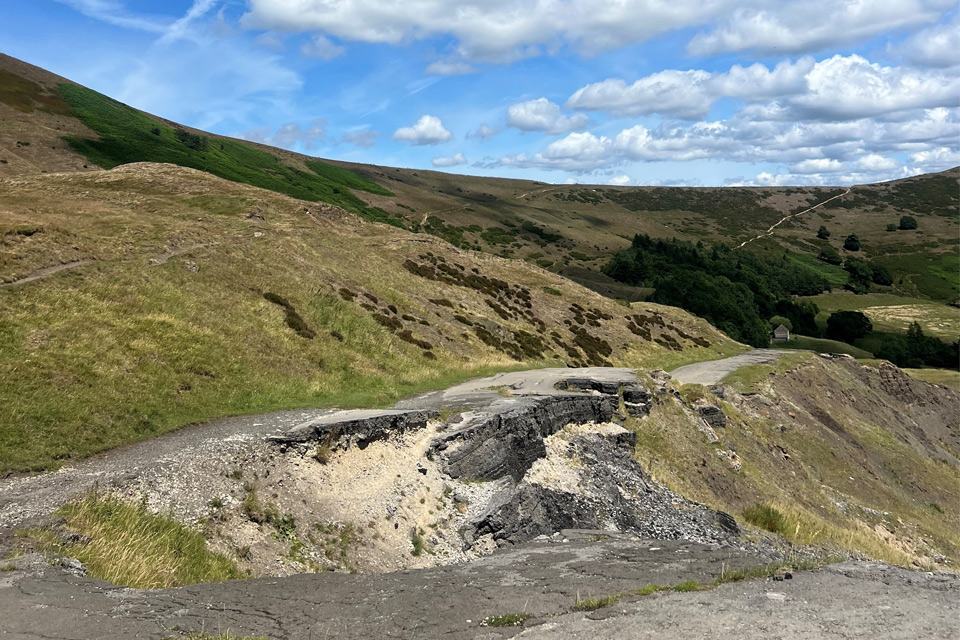
Artificial intelligence helps scientists identify 3000 moving slopes potentially at risk of landslide
25/09/2025
A new approach that combines AI and satellite data has been used by scientists to detect actively moving landslides at a national scale.
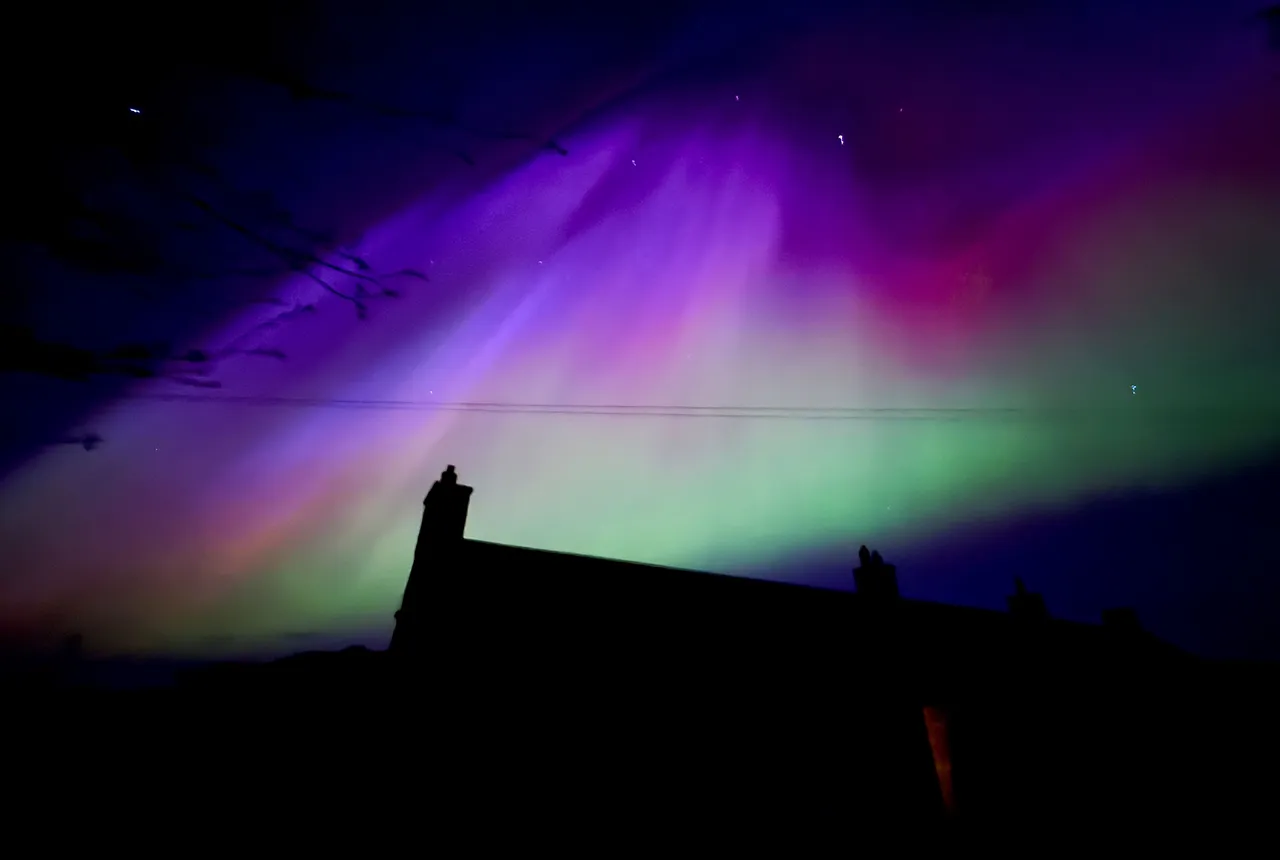
UK scientists in awe-rora as national coverage of magnetic field complete for the first time
23/09/2025
New sensors being installed across the UK are helping us understand the effects that extreme magnetic storms have on technology and national infrastructure.
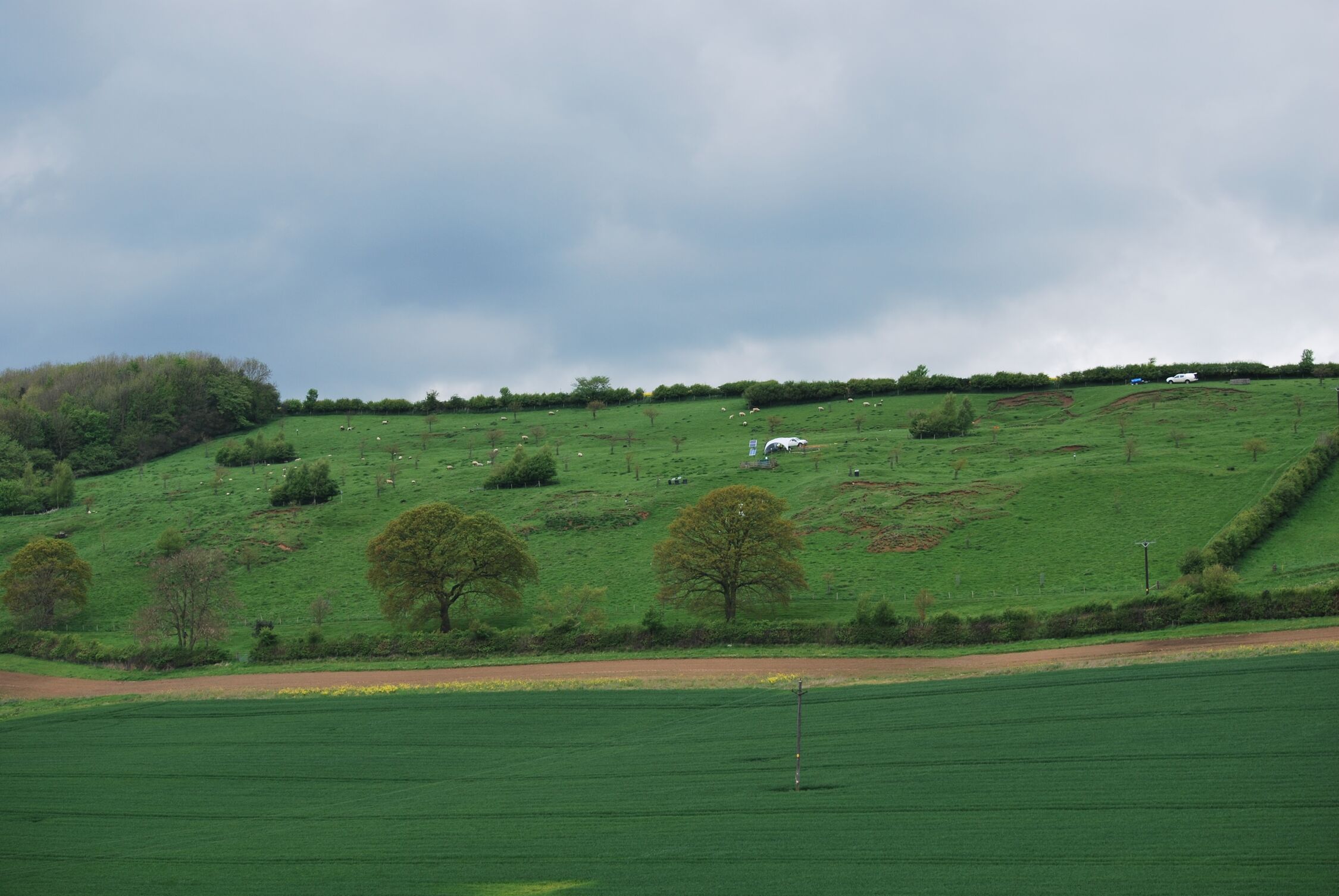
BGS-led paper scoops prestigious award
16/09/2025
New research providing earlier warnings of landslides has been awarded the British Geotechnical Association medal.
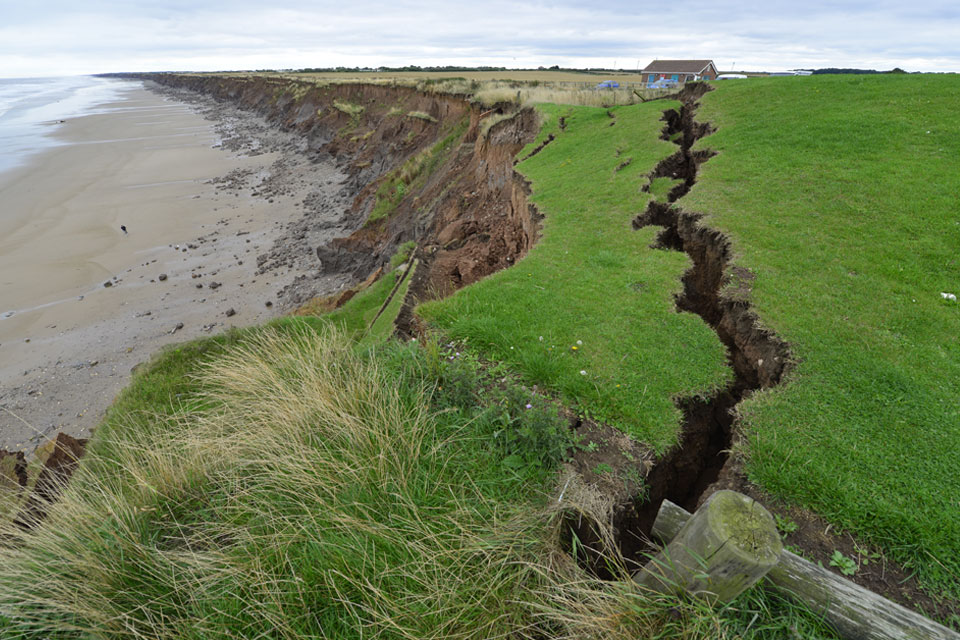
BGS scientists work with United Nations to update hazard profiles
21/08/2025
From tsunamis to sinkholes, the profiles provide a standardised, internationally agreed definition of hazards to support disaster risk management worldwide.
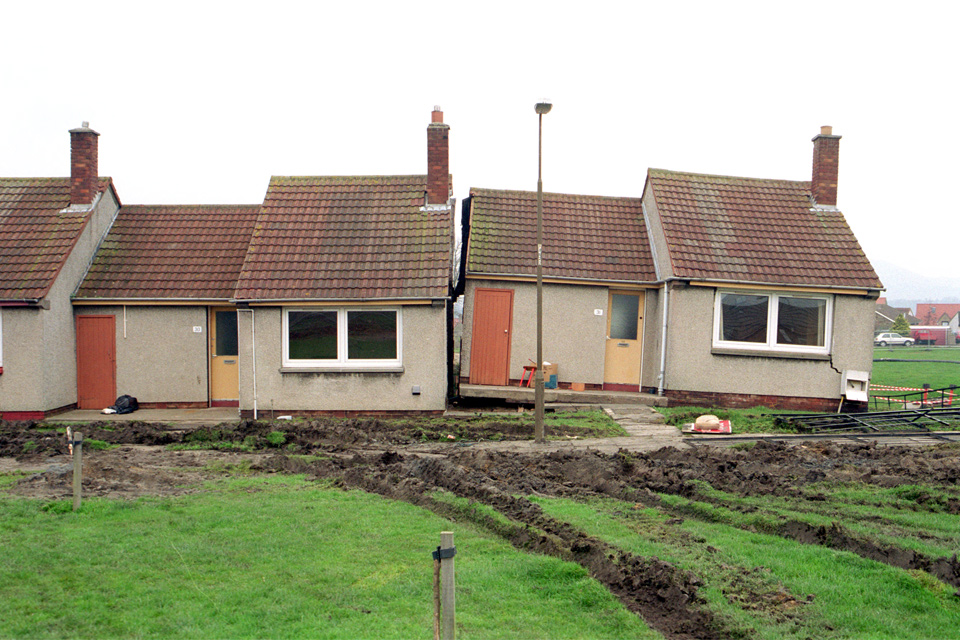
Is your region susceptible? Britain’s geohazard hotspots revealed
14/08/2025
From sinkholes to radon: new maps highlight the most geologically at-risk regions




